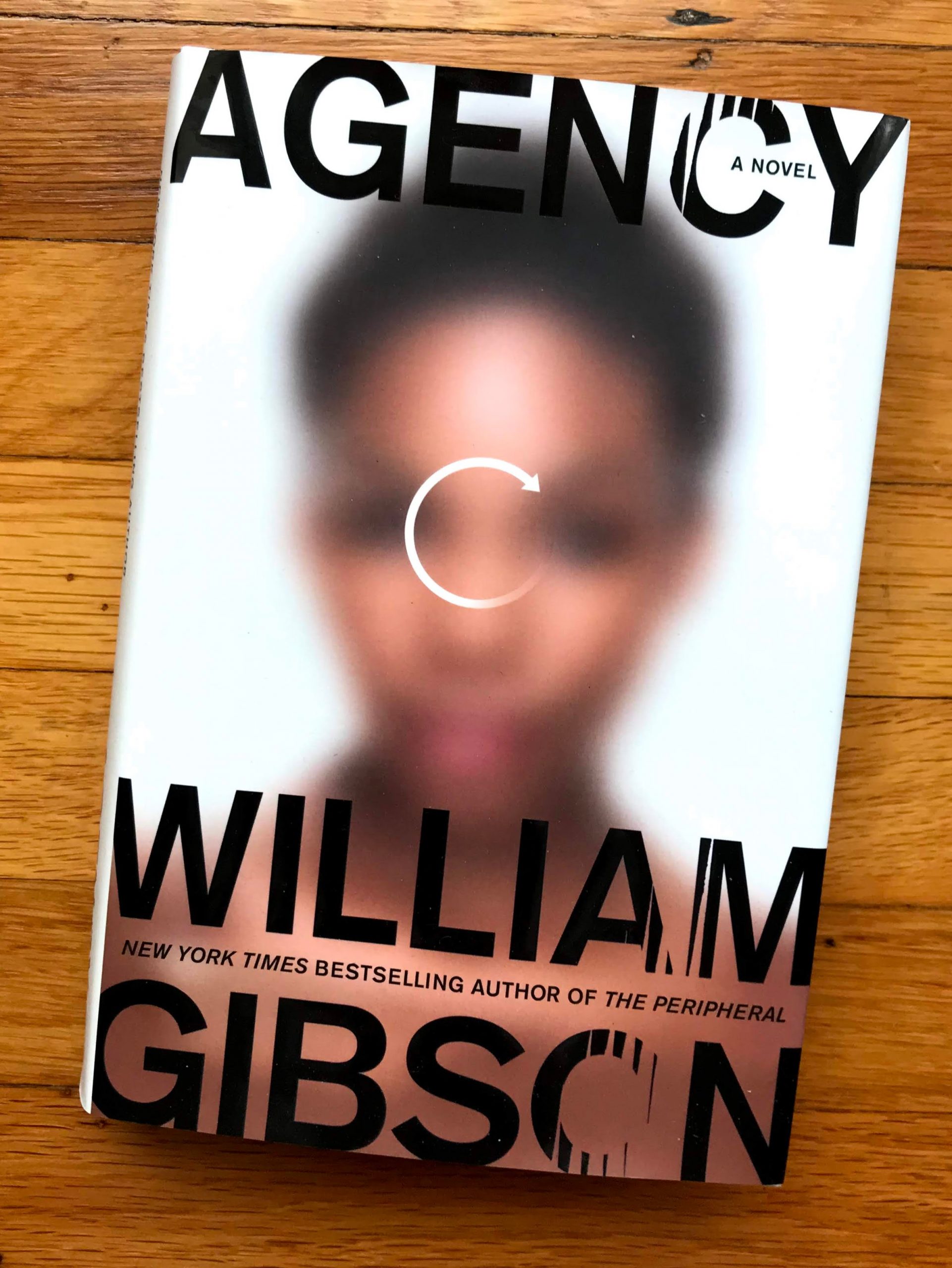


The nebulous social and economic disasters described in The Peripheral are brought home in Agency to be very much a consequence of our achingly real present. Global warming is beyond bad, and boy does Gibson want us to know it - that feeling that we all already have, and are reminded about copiously on Twitter. Indeed, “here we are” is a resounding mantra in the present-day half of Agency. That the online world has facilitated this cultural inversion is, in itself, a Gibsonian plot twist that should have been foreshadowed in a previous novel. We are all into these things now, because the people we follow (Gibson included) tweet about them all the time. Fun stuff, to be sure, but the problem is that the internet is, ever more, turning geek culture into mainstream culture. In Agency, his otaku preferences seem to be for AR glasses, digital assistants and Boston Dynamics robots. In past books, his characters would share some esoteric obsession with the author, such as military watches or mechanical cyphers. Speaking of fixations: in my view this is the first book where Gibson’s personal geekeries verge uncomfortably close to the Twitterverse. But they are not, and he does not and I can’t help but wonder what this book would have been like if his narrative fixations were different. In theory, this should be typical Gibsonian weirdness that he makes special with his dense, inimitable prose. This sort of thing is described painstakingly while the stars of the show are driven around, physically and virtually, accomplishing nothing in particular. As others have noted, Gibson’s particular narrative interest here lies principally in the logistics of motion: where a character puts her bag where, exactly, in their field of vision a wearer of VR glasses sees their chatlog how a bipedal drone reconfigures their limbs for a jaunt across the sidewalk. Here, with Agency, Gibson colours in his template with the faintest of filler, and even the hippest coffee shop (there is one!) can’t save things from venturing into boredom territory. The windows into these worlds are radical, captivating, and so very memorable. Then the cast goes for brunch, and often hook up on the way out.Īfter the fact, one might note that nothing much happensduring these reads, but it doesn’t matter. Gradually, the big disruptive event alters the characters’ orbits until they collide together, culminating in a brief, electric and narratively confusing action sequence. They each have an adventure, each of which is narrated largely through conversation (often over coffee or breakfast) with copious (and delightful) descriptions of their surroundings. They go something like this: 2–3 characters in quotidian, somewhat disadvantaged walks of life are derailed from everyday affairs by a technological disruption in the world.

It’s no small disappointment to find he has written his first dud.


 0 kommentar(er)
0 kommentar(er)
